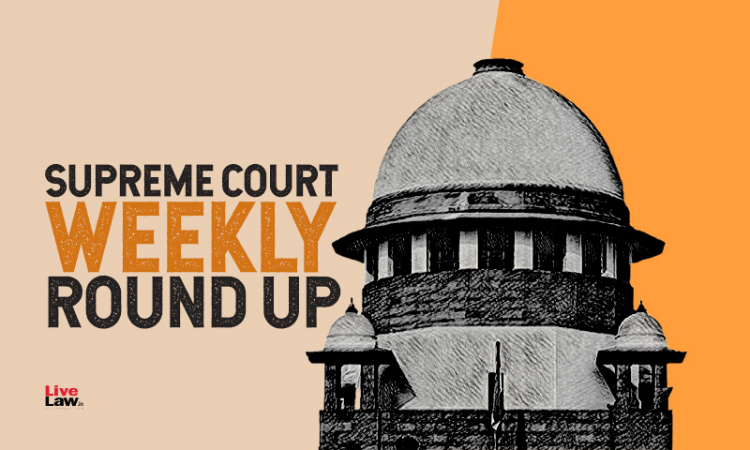Next Story
17 May 2021 10:40 AM IST
JUDGMENTS THIS WEEK1. Existence Of Arbitration Clause Does Not Debar Court From Entertaining A Writ Petition In Contractual Matter: Supreme CourtCase: Uttar Pradesh Power Transmission Corporation Ltd. Vs. CG Power And Industrial Solutions Limited [SLP(C) 8630 OF 2020] Citation: LL 2021 SC 255Supreme Court Bench headed by Justices Uday Umesh Lalit and Indira Banerjee observed that the...

